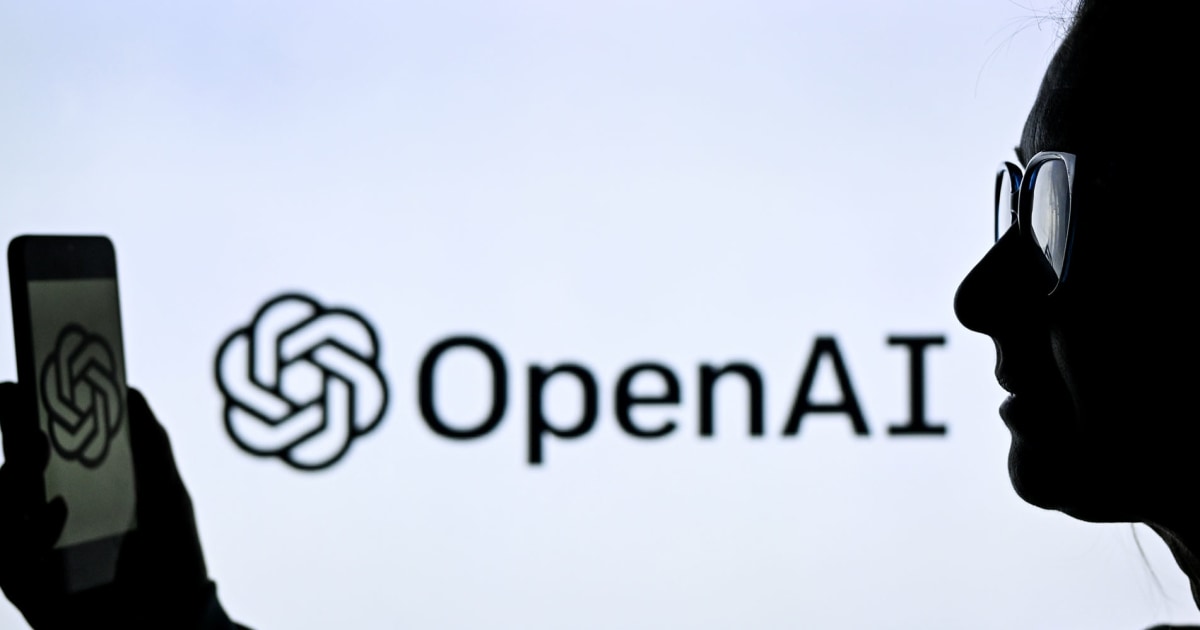ChatGPT-generated op-eds appeared in mainstream Latin American media outlets

Chinese propagandists used ChatGPT to write and translate op-eds that they successfully planted in Spanish-language news outlets last fall, researchers said Friday.
A report published by OpenAI, the company that owns the artificial intelligence chatbot ChatGPT, found that a pro-China campaign had used the program to produce 18 articles and op-eds that were published across eight Spanish-language media platforms. Four of the outlets are Peruvian, two Ecuadorian, one Mexican and one Spanish. None of the eight outlets responded to requests for comment.
The articles don’t mention China, but are broadly critical of the U.S., highlighting problems like homelessness, racism, crime and income inequality. Often the people using ChatGPT asked it to translate and expand the articles from existing ones originally written in Chinese, the researchers found.
“The actor generated these articles by asking our models to translate and expand publicly available Chinese-language articles,” the researchers wrote in the report.
“This is the first time we’ve observed a likely Chinese influence actor successfully publishing articles in mainstream outlets in Latin America,” they added.
The researchers’ findings came as part of OpenAI’s quarterly threat report that also documented efforts by a variety of bad actors to use its tools in a variety of malicious ways, including generating fake articles about the Ghanaian presidential election and to perpetuate romance scams.
One of the news outlets indicated an article was “sponsored,” but the rest were presented as authentic opinions. Most were published in October 2024, in the lead-up to the Asia-Pacific Economic Cooperation conference, held in Peru.
Some of the articles have the byline of a company, Jilin Yousen Culture Communication Co., instead of a person. A profile of a company with that name on Chinese search engine Baidu describes it as a multimedia tech and public relations firm.
A spokesperson for the Chinese Embassy in Washington, D.C., didn’t immediately respond to a request for comment.
All of the articles are still live, and many were published the same day that ChatGPT produced them. The people who used the chatbot to generate the articles usually worked during daytime business hours in China, OpenAI found.
The accounts that asked ChatGPT to write the op-eds also sometimes had the program write short posts in English that criticized a Chinese dissident, Cai Xia, which were posted by various accounts on X that purported to be people from the U.S. or India.
For years, U.S. tech companies have accused pro-Chinese propagandists of using inauthentic accounts on Western social media platforms to target people around the world, including Americans, with messages that align with Beijing’s priorities, like promoting the Chinese Communist Party, downplaying allegations of human rights abuses in China, or criticizing the U.S. China has consistently denied any such efforts.
Those efforts sometimes involve significant investment but almost always fall flat, with few people interacting with them. The X posts tied to the Latin American op-ed campaign similarly did not appear to get any significant social media engagement, OpenAI said.
Related
Trump threatens to launch tariff attack on EU tech regulation…
US President Donald Trump signed a memorandum on Friday to defend American companies and technology from "overseas extortion", directly attack
Warren Buffett says Berkshire Hathaway paid more taxes to US…
Berkshire Hathaway chairman and CEO Warren E Buffett, in a letter to shareholders, said that the company has paid more in corporate income tax than the US gover
President Trump says he’ll impose retaliatory tariffs for digital taxes,…
U.S. President Donald Trump On Friday, President Donald Trump announced that he would issue a Presidential Memorandum imposing tariffs on nations that a
Instacart CEO Fidji Simo: 3 lessons on reaching the top…
Instacart CEO Fidji Simo was raised in the French fishing port town of Sète, and from an early age she had big dreams."Growing up in a small town, it's media t










